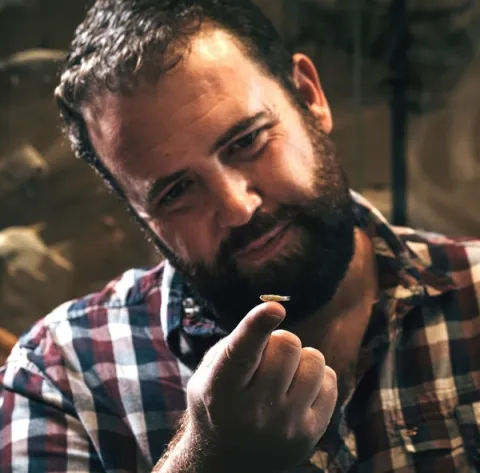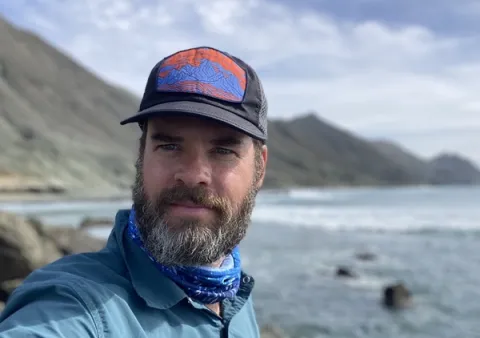About the project
This project will compare communities of small ‘cryptobenthic’ fishes (camouflaged, less than 5cm long) across latitudinal gradients, from temperate to tropical reef ecosystems. You will learn lab and field techniques alongside morphological, molecular and isotope analyses to assess the functions of tiny fishes in food webs across diverse and important ecosystems.
Cryptobenthic fishes are tiny yet diverse and abundant in almost all marine ecosystems. While these fishes are very small, recent work has shown that they may play vital roles as abundant prey at the foundations coral reef food webs. However, our knowledge of the roles of cryptobenthic fishes in other ecosystems is severely limited. This project invites you to address this problem by exploring the community composition of cryptobenthic fishes across latitudinal gradients, employing state-of-the-art technologies to investigate both species diversity and functional ecology. You will analyse the diets, feeding modes and productivity of cryptobenthic fishes, examining how their ecological roles shift from temperate rocky reefs to subtropical and tropical environments. This research promises to enhance our understanding of marine food webs and their dynamics in socially and economically significant ecosystems across Europe and beyond.
The project benefits from a collaboration with the Natural History Museum, which provides access to extensive taxonomic knowledge, specimen collections, and cutting-edge research facilities. You will gain hands-on experience with advanced scientific techniques, including DNA barcoding for precise species identification, micro-CT scanning, and 3D model analysis for functional morphology studies. Additionally, you will use stable isotope analysis from the University of Southampton’s Stable Isotope Mass Spectrometry Laboratory to assess species productivity. Studies of the community composition of cryptobenthic fishes also offer possibilities for fieldwork in the UK and potentially overseas as the project progresses.
You will also be supervised by organisations other than the University of Southampton, including Diego Vaz from the University of Guam.

